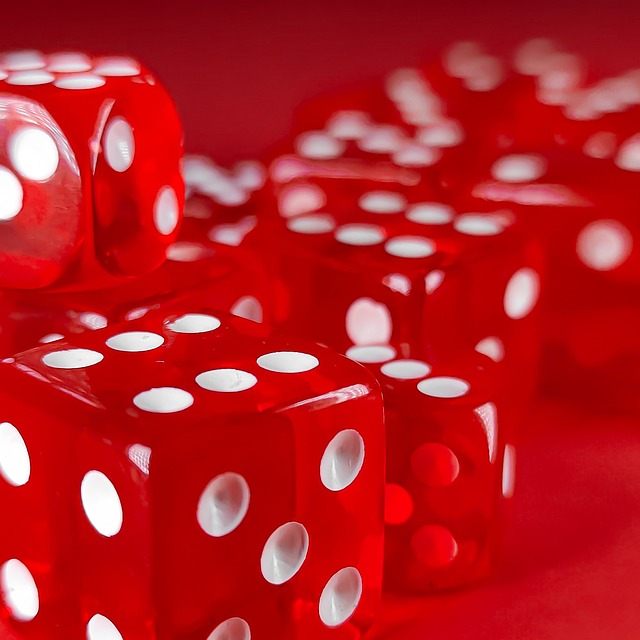The Psychology Behind Betting Market Overreactions
One of the most fascinating aspects of sports betting is the way in which markets react to new information. Whether it’s a star player getting injured, a team going on a winning streak, or a sudden change in the weather forecast, bettors often exhibit knee-jerk reactions that can create profitable opportunities for savvy gamblers.
Why do markets overreact?
There are several reasons why betting markets tend to overreact to new information. The first is the herd mentality, where bettors follow the crowd rather than doing their own research. This can lead to exaggerated movements in odds as large numbers of people place bets based on the same limited information.
Another reason for overreactions is recency bias, where bettors place too much emphasis on recent events and ignore historical data. For example, a team that has won several games in a row may be overvalued by the market, while a team that has lost a few games may be undervalued.
How can you profit from overreactions?
There are several strategies that can help you profit from betting market overreactions. One approach is to fade the public, betting against the crowd when you believe that the market has overreacted to new information. This can be risky, as the public is often right in the long run, but it can also be highly profitable when the crowd is wrong.
Another strategy is to identify situations where the market has overreacted and take advantage of the resulting inefficiencies. For example, if a star player gets injured and the market overvalues the impact of his absence, you can bet on his team to cover the spread or win outright at inflated odds.
Case Study: Super Bowl Betting Market Overreactions
One of the best examples of betting market overreactions is the Super Bowl, where millions of dollars are wagered on a single game. In the lead-up to the big game, the betting market can swing wildly based on information such as injury reports, public sentiment, and even the weather forecast.
For example, in Super Bowl XLIX, the New England Patriots were initially favored to beat the Seattle Seahawks by a narrow margin. However, when reports emerged that Patriots quarterback Tom Brady was battling the flu, the line swung in favor of the Seahawks. In reality, Brady’s illness had little impact on the game, and the Patriots went on to win in dramatic fashion, proving that the market had overreacted to the news.
| Team | Odds |
| New England Patriots | +3 |
| Seattle Seahawks | -3 |
FAQs:
Q: How can I avoid falling victim to betting market overreactions?
A: By doing your own research, staying informed, and maintaining a disciplined approach to betting, you can avoid succumbing to the herd mentality and making impulsive decisions based on market movements.
Q: What are some red flags that indicate a betting market overreaction?
A: Look out for sudden, large movements in odds that are not supported by new information or that contradict historical trends. These can be signs that the market is overreacting to a minor event or misinterpreting its impact.
- Watch for injury reports that may be exaggerated or misunderstood by the market.
- Be wary of teams that are on hot streaks or slumps, as the market may overvalue recent performance over long-term trends.
- Consider weather conditions, public sentiment, and other external factors that can influence betting odds.
Overall, betting market overreactions are a common occurrence in sports gambling, but they can also present lucrative opportunities for those who are able to see through the noise and capitalize on mispriced odds. By understanding the psychology behind market movements and developing a disciplined approach to betting, you can position yourself for success in the unpredictable world of sports wagering.







